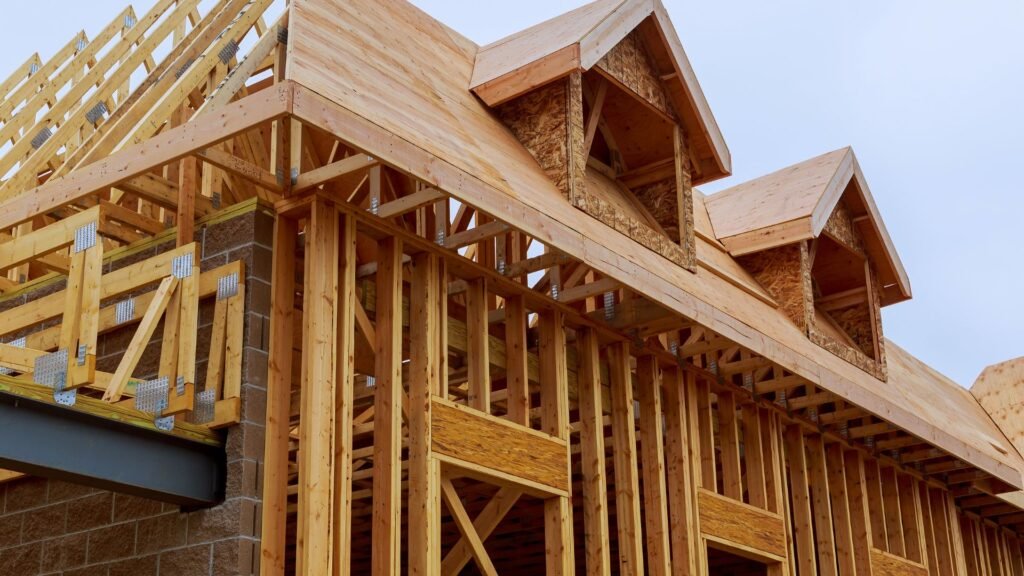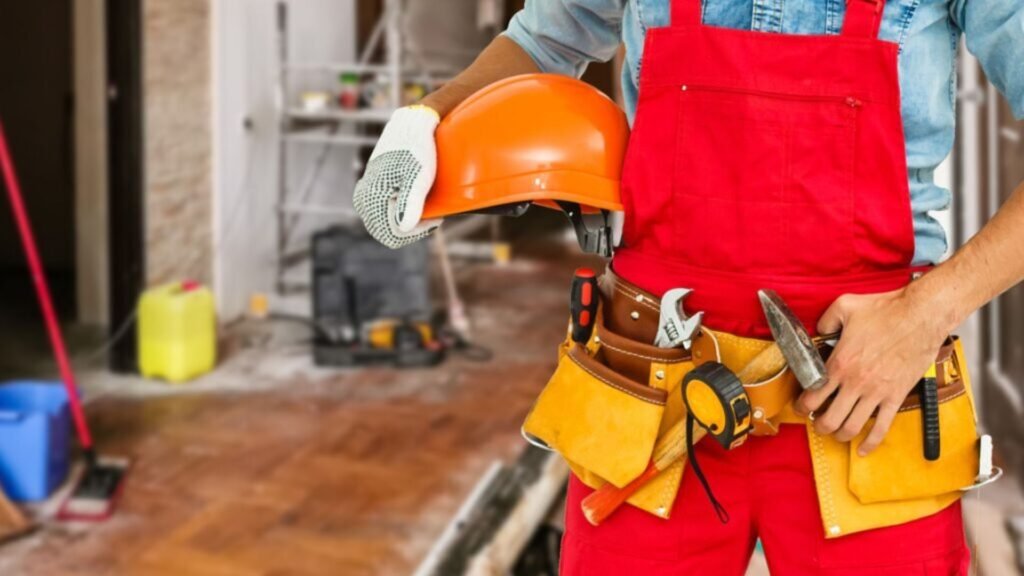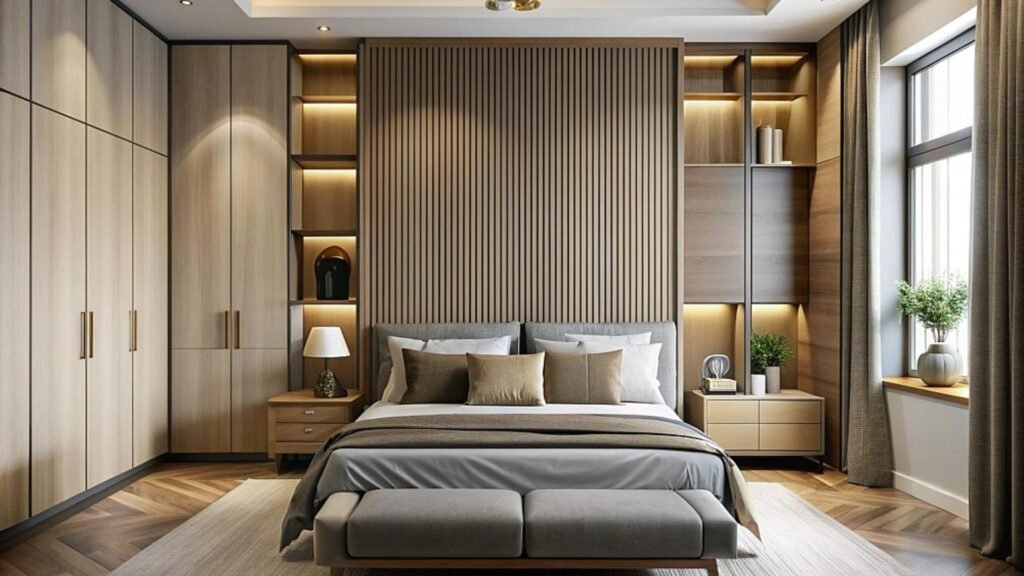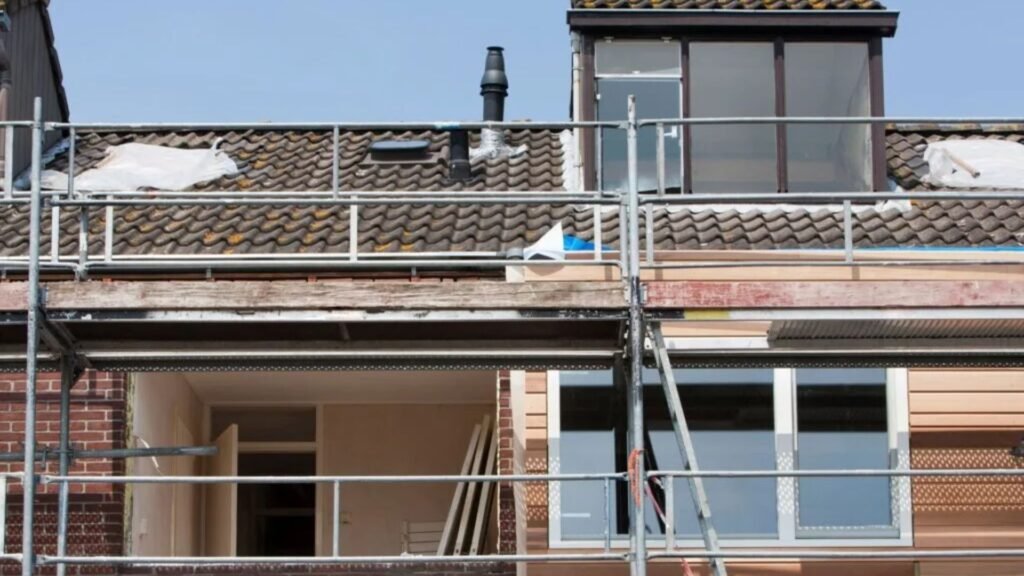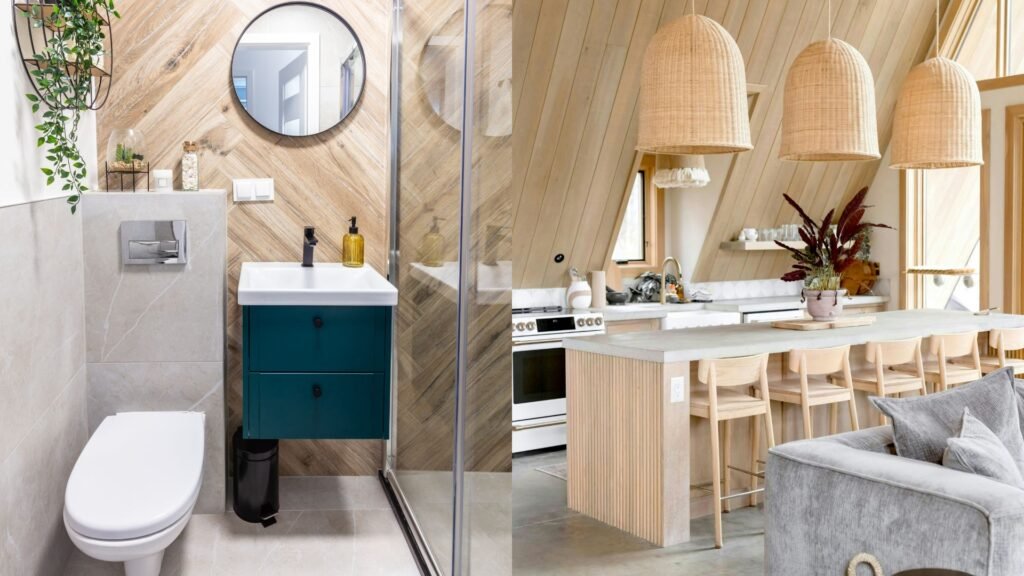Welcome to your guide on understanding the real cost of building a new home in New Zealand. Building from scratch is exciting, but it also comes with a lot of financial questions that can feel overwhelming. If you’ve ever asked yourself, “What’s the new build cost in NZ?” you’re not alone. Prices vary depending on location, size, design, and even the timing of your build, making it tricky to find a straight answer. In this article, we’ll break down the average costs, highlight the factors that drive prices up or down, uncover hidden expenses people often forget, and share practical budgeting tips so you can plan with confidence. Whether you’re dreaming of your first home, upgrading your current space, or weighing the costs of building versus buying, this guide is designed to give you clarity and help you make smarter decisions for your project.
The average new build cost in NZ ranges from $2,500 to $4,000 per square metre, depending on location, design, and materials. A standard 150m² home can cost between $375,000 and $600,000, excluding land, council fees, and extras like landscaping. Prices vary by region, with Auckland and Wellington at the higher end and regional areas often cheaper.
Table of Contents
What Is The Average New Build Cost In NZ?
When planning a new home, one of the first questions people ask is how much it will cost to build. The average new build cost in NZ usually falls between $2,500 and $4,000 per square metre. This range is a general guide, as final costs depend heavily on where you build, the type of home you choose, and the materials you prefer.
In larger cities like Auckland and Wellington, building costs are often at the higher end of the scale. These areas face strong demand for housing, higher labour rates, and more expensive land. By contrast, regional areas such as parts of the South Island may offer more affordable options. Labour shortages are less common, and land can be significantly cheaper, helping reduce the overall project price.
Several factors influence where your build might sit within the average range. The size and complexity of your design make a big difference, with custom homes and multi-storey builds costing more per square metre than simple, single-level plans. Material choices also matter, standard finishes will keep your budget lower, while premium upgrades like stone benchtops or imported fixtures will quickly increase costs. Timing can also play a role, as supply chain disruptions and inflation affect construction prices across New Zealand.
Understanding these averages is essential before committing to a project. It gives you a realistic baseline for planning and helps you decide whether to adjust your design, location, or expectations to meet your budget. By starting with a clear idea of the average new build cost in NZ, you can create a more accurate financial plan and avoid unwelcome surprises later in the process.
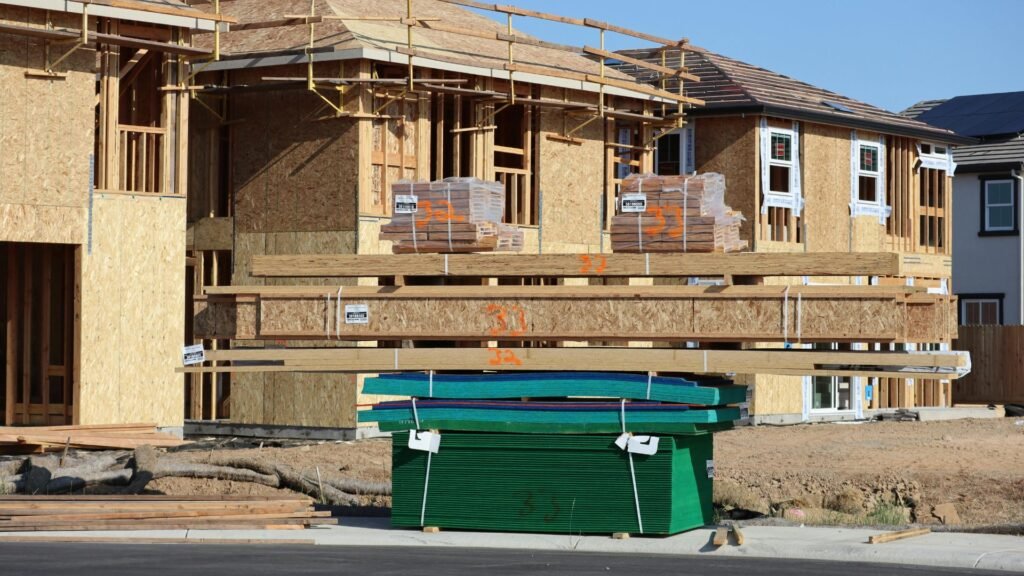
Key Factors That Affect New Build Costs
When you look at the new build cost in NZ, you’ll quickly realise there’s no one-size-fits-all answer. Several key factors play a role in how much you’ll pay, and understanding these will help you set a more realistic budget. Let’s break them down one by one.
Location
Where you choose to build has a huge impact on overall costs. In cities like Auckland or Wellington, land is more expensive and council fees are higher, which pushes up the price of building. Regional areas may offer cheaper land and fewer restrictions, but access to services and materials can add extra costs. Each council also sets its own consent fees, so two people building the same style of home in different parts of New Zealand could face very different bills.
Size And Design Of The Home
The size and design of your home directly affect costs. A simple single-storey house will generally be more affordable than a large double-storey build. Custom designs that require more detailed architectural work can also add thousands to your budget, while standardised or prefab plans tend to be cheaper. It’s important to think about what you actually need versus what looks impressive on paper, as every extra metre adds to the final cost.
Building Materials
Material choice is another big factor in the new build cost in NZ. Standard materials like basic cladding, laminate flooring, and entry-level kitchen fittings will keep costs down. On the other hand, premium finishes such as hardwood floors, stone benchtops, and high-end joinery can increase the price significantly. Materials are also subject to market fluctuations, so even standard items may cost more during times of high demand.
Labour Costs
Labour is often one of the largest parts of the budget. Builders, electricians, plumbers, and other trades all charge hourly or project-based rates, which vary by region and skill level. In areas with labour shortages, costs can climb quickly. Hiring experienced professionals is essential for quality and compliance, but you’ll want to compare quotes to make sure you’re paying a fair rate without cutting corners.
Timing And Supply Chain Issues
Timing plays a bigger role than most people realize. If you start your build during a period of high inflation or material shortages, you may pay more than someone who builds during more stable times. Global supply chain disruptions have affected New Zealand in recent years, leading to delays and unexpected price hikes. Planning ahead and allowing flexibility in your schedule can reduce stress and help you manage costs more effectively.
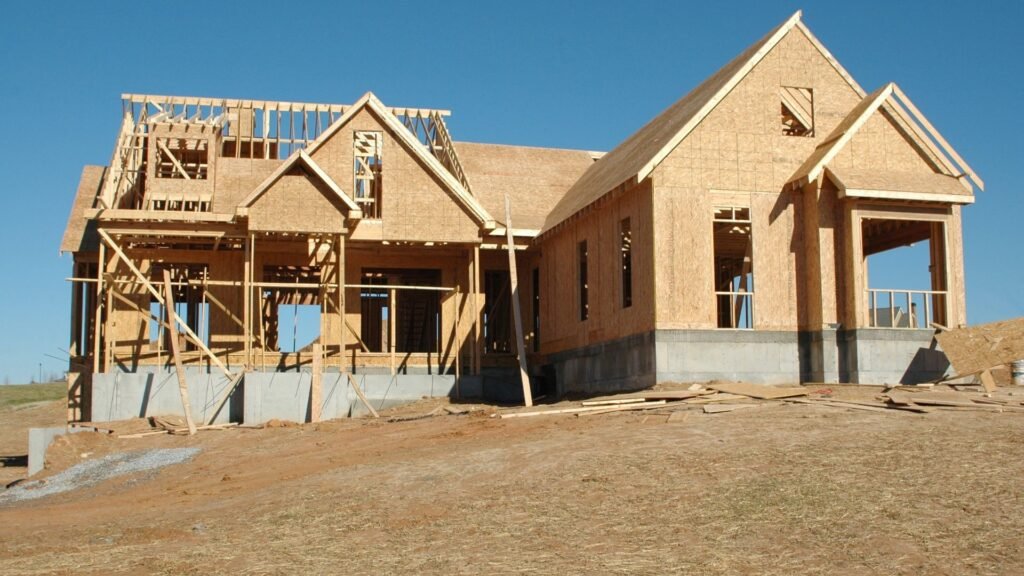
Breakdown Of Typical New Build Expenses
Building a new home in New Zealand involves more than just construction. Each stage comes with its own costs, and understanding these early can save you from surprises later. Below is a clear breakdown of the main expenses you should plan for when calculating the new build cost in NZ.
Land Purchase
Land is often the biggest expense in a new build project. Prices vary depending on location, size, and proximity to urban centers. In cities like Auckland or Wellington, land prices can be significantly higher compared to regional towns. When budgeting, remember that the cost of land doesn’t just include the purchase price, it can also include legal fees, surveys, and any land transfer costs.
Site Preparation
Before building begins, the land must be prepared. Site preparation covers earthworks, leveling, and clearing, which can quickly add thousands to your budget if the site has uneven terrain. You’ll also need to factor in the cost of connecting your property to essential services like water, electricity, and sewage. Consents and inspections from local councils are part of this stage, and these fees should be included in your calculations.
Design And Architectural Fees
Whether you choose a standard house plan or a custom design, design and architectural fees are unavoidable. Working with an architect or designer ensures your home meets building codes and reflects your preferences. Costs can vary depending on complexity, but investing here often saves money later by avoiding mistakes and ensuring smoother council approvals.
Construction Costs
Construction costs usually make up the bulk of your new build budget. These include framing, roofing, plumbing, and electrical work. Material choice also plays a major role, premium finishes like hardwood flooring or stone benchtops will push the price higher. Labour rates differ across regions, so it’s smart to get multiple quotes from builders to compare costs before committing.
Council Fees And Permits
Every new build in NZ requires council permits and approvals. These fees cover building consents, inspections, and compliance checks throughout the project. While not the largest expense, they are mandatory, and missing them can result in delays or fines. Check with your local council for a detailed breakdown of expected charges.
Finishing Costs
Finishing costs often catch people by surprise. They include the interior details that make your house feel like a home, kitchens, bathrooms, flooring, painting, and lighting. These costs vary widely depending on the level of finish you choose. A basic kitchen might be affordable, while a designer kitchen with top appliances can dramatically increase the total build cost.
Landscaping And Driveways
Once the house is complete, attention turns to the exterior. Landscaping, fencing, and driveways are essential for both aesthetics and functionality. Simple grass seeding may be affordable, but adding retaining walls, gardens, or paved driveways will raise costs significantly. Many homeowners underestimate this stage, so it’s wise to budget for it from the start.
Unexpected Costs
No matter how carefully you plan, unexpected expenses almost always arise. These may include delays due to weather, last-minute upgrades, or extra compliance requirements. Industry experts recommend setting aside at least 10–15% of your total budget as a contingency fund. This financial buffer helps protect your project from stress and ensures you can cover surprises without halting progress.
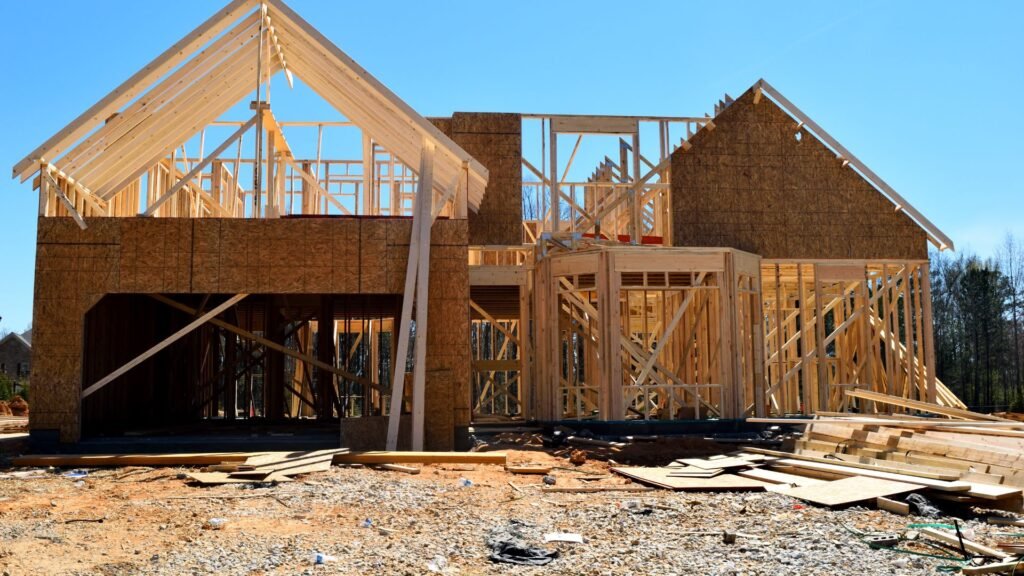
Hidden Costs People Often Forget
When planning a new build in New Zealand, most people focus on the obvious expenses like land, construction, and council fees. But there are several hidden costs that can easily add thousands of dollars to your overall budget if you don’t prepare for them. Understanding these additional expenses will help you create a more realistic picture of the true new build cost in NZ and avoid financial surprises along the way.
Temporary Accommodation During Build
One of the most overlooked costs is the price of living somewhere else while your home is being built. Construction can take anywhere from 8 to 12 months, and delays are common due to weather, council approvals, or supply chain issues. During this time, you may need to rent a property or stay with family. Rent in cities like Auckland or Wellington can quickly add up, and even short-term accommodation in smaller towns can eat into your budget. When calculating your total costs, it’s wise to set aside funds for at least 9 to 12 months of temporary housing so you’re not caught off guard.
Insurance
Insurance is another hidden cost that many first-time builders forget. You’ll need construction insurance to protect your new home during the build in case of accidents, theft, or natural disasters. Some lenders also require proof of insurance before releasing construction loan funds. Beyond that, once your house is finished, you’ll need home and contents insurance from day one. Skipping this step could leave you financially vulnerable, so it’s best to factor in both temporary and long-term insurance costs when budgeting for your new build in NZ.
Finance Costs (Interest On Loans During Build)
Most new builds are financed through staged construction loans. This means your lender releases money in phases as the building progresses. While this setup ensures funds are available, it also means you’ll pay interest on each portion drawn down, even before you move in. These finance costs can be significant, especially with rising interest rates. For example, if your build stretches over 12 months, you may be paying thousands in interest without yet living in the property. Always include loan interest in your calculations so you understand the true financial commitment of your project.
Ongoing Maintenance Planning
Once your home is complete, you may think the spending is over, but that’s not entirely true. Every new home requires ongoing maintenance, from landscaping and driveway upkeep to servicing appliances and addressing wear and tear. While these aren’t immediate construction costs, they should still be planned for within your long-term budget. Setting aside a small yearly amount for maintenance can help you avoid unexpected financial stress down the road. Think of it as protecting the investment you’ve worked so hard to build.
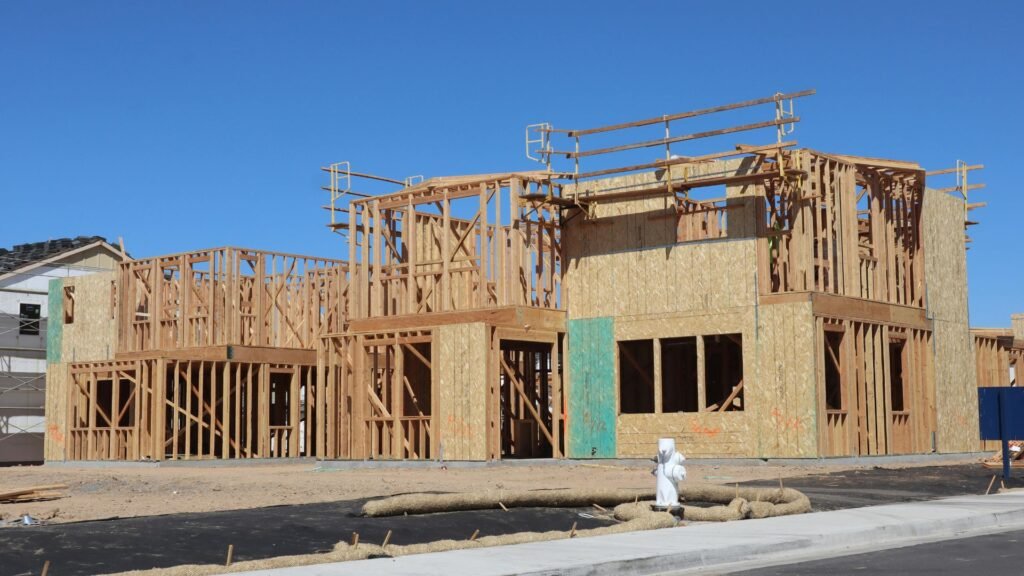
Cost-Saving Tips Without Cutting Quality
Building a new home in New Zealand is one of the biggest financial commitments you’ll make, and it’s natural to want to save money where possible. The key is to cut costs without sacrificing comfort, durability, or long-term value. Below are practical strategies that can help you keep your new build cost in NZ under control while still ending up with a home you’ll be proud of.
Choose Standardised Plans Over Custom Designs
One of the simplest ways to save money is by selecting a standardised home plan rather than creating a custom design. Pre-designed plans are often more affordable because they’ve already been tested and refined, which reduces architectural fees and construction risks. Builders are also more familiar with these plans, which helps avoid unexpected delays or costly mistakes. While custom homes allow for more creativity, standardised designs often deliver the same level of comfort at a fraction of the price.
Build In A Region With Lower Costs If Flexible
Where you build plays a huge role in the final price of your home. Construction in cities like Auckland and Wellington can be significantly more expensive due to high labour costs and limited land availability. If your lifestyle allows, consider building in smaller towns or regions where costs are lower. Not only will your build price be more affordable, but you may also benefit from reduced land prices, fewer council fees, and less competition for contractors.
Prioritise What Matters Most
When budgets are tight, it’s important to spend money where it counts. High-quality kitchens and bathrooms add the most value to your home and will serve you every day, making them worth the investment. On the other hand, cosmetic finishes like decorative light fittings or premium flooring can often be upgraded later. By focusing on what truly matters during the build, you’ll get the best return on investment without overspending on non-essentials.
Get Multiple Quotes From Builders
Don’t settle for the first quote you receive. Prices can vary widely between builders, and comparing quotes helps you understand what is and isn’t included. Be wary of unusually cheap quotes, as they may lead to hidden costs or compromises on workmanship. A detailed, transparent quote from a reputable builder gives you peace of mind and ensures that your new build cost in NZ stays realistic.
Factor In Long-Term Savings
Some upgrades may seem expensive upfront but can save you thousands over the life of your home. Energy-efficient materials, solar panels, and quality insulation reduce power bills and improve comfort year-round. Double-glazed windows and sustainable building products also add value while lowering future maintenance costs. Thinking long-term helps you avoid the trap of choosing the cheapest option now, only to pay more later in repairs or energy use.
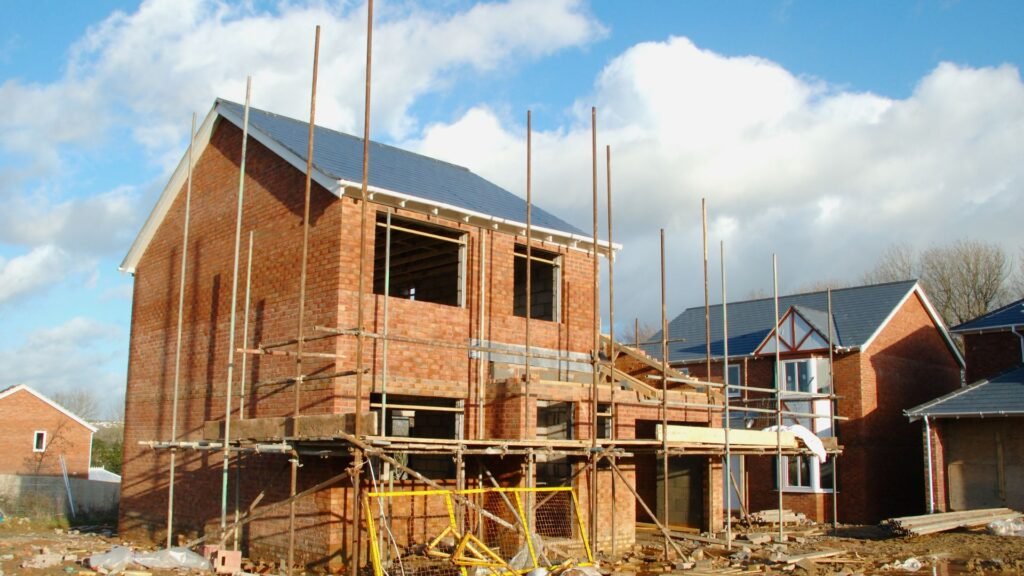
Case Study Or Example Build Scenario
To make the numbers more tangible, let’s walk through a realistic example. Imagine you’re planning to build a 150m² home in Auckland. This size is a common choice for families and offers enough space for three bedrooms, two bathrooms, and open-plan living. Below is a breakdown of how the costs might stack up in today’s market.
- Land Purchase:$400,000 to $650,000 depending on suburb and section size
- Site Preparation: $20,000 to $40,000 for earthworks, drainage, and connecting services
- Design and Consent Fees: $15,000 to $30,000 covering architectural plans and council approvals
- Core Construction Costs: $375,000 to $525,000 based on $2,500 to $3,500 per square metre
- Plumbing, Electrical, and Roofing: $60,000 to $90,000 depending on materials and layout
- Interior Finishes (Kitchen, Bathrooms, Flooring): $70,000 to $120,000 depending on quality of fittings
- Landscaping and Driveway: $20,000 to $40,000
- Contingency Fund (10–15%): $80,000 to $100,000 for unexpected costs
When all these expenses are combined, the total cost of building a 150m² home in Auckland could range from $990,000 to $1.5 million. The wide variation comes down to land prices, design choices, and the materials you decide to use.
This example gives you a realistic picture of the new build cost in NZ for a mid-sized home. It shows why careful budgeting is essential and why setting aside a contingency fund is one of the smartest steps you can take. By understanding the full breakdown, you’ll have a clearer idea of what to expect and can make informed decisions before starting your own project.
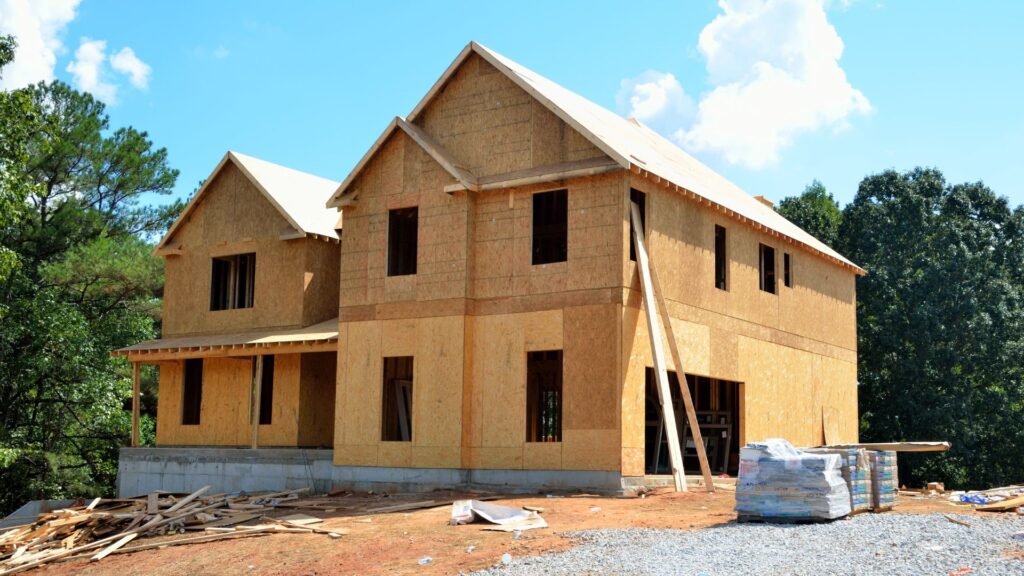
How To Plan And Budget Effectively
Building a new home in New Zealand is one of the biggest financial decisions most people will ever make. Without a solid plan, costs can spiral quickly, leaving you stressed and unprepared. Careful budgeting helps you stay on track, avoid nasty surprises, and enjoy the process of creating your dream home. Below are practical steps to help you plan and budget effectively for your new build project.
Create A Realistic Budget
Start by listing every major expense you’ll face, from land purchase and site preparation to council fees, design costs, and construction. Research average building costs in your area, and don’t rely only on rough online estimates. Talk to builders, architects, and even friends who have recently built homes in NZ to get a clearer picture. A realistic budget reflects your financial situation, your design goals, and the market rates for labour and materials.
Set Aside At Least 10–15% For Contingencies
Unexpected expenses are part of almost every building project. You may hit rock during excavation, face material shortages, or decide on a design upgrade halfway through. Setting aside 10–15% of your total budget as a contingency fund gives you breathing room when these situations arise. This safety net prevents you from taking on extra debt or making rushed compromises on quality.
Work Closely With Your Builder For Transparent Pricing
A trusted builder is your biggest ally in keeping costs under control. Ask for a detailed breakdown of what’s included in your quote and clarify any gray areas upfront. Transparency avoids disputes and ensures you know exactly what you’re paying for. Schedule regular check-ins with your builder to monitor progress and costs. This open communication builds trust and helps you avoid surprise invoices.
Use Checklists Or Spreadsheets To Track Spending
Managing your build like a project keeps you organized. Create a checklist of expenses and use a simple spreadsheet to track what’s been paid, what’s pending, and what’s coming up. Many homeowners underestimate how small costs, such as permits, fittings, or landscaping extras, can add up. Having everything written down makes it easier to spot trends, stick to your budget, and make smarter financial choices along the way.
Your future home starts with the right information. Click through to Builders Silverdale and get practical guidance for your new build in New Zealand.
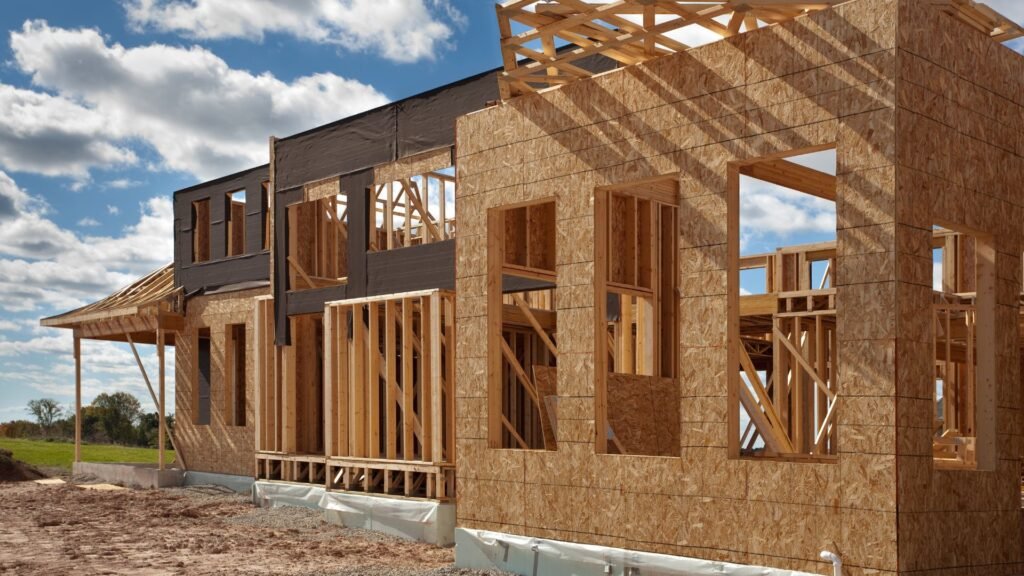
FAQs: About New Build Cost In NZ
What is the average new build cost in NZ?
The average cost to build a new home in New Zealand typically ranges from $2,500 to $4,000 per square metre. The final price depends on location, design, size, and materials.
Is it cheaper to build or buy a house in NZ?
In many cases, buying an existing house can be cheaper upfront, while building allows you to design your home and may save on long-term maintenance. The decision depends on land prices, market conditions, and personal preferences.
How much does it cost to build a 150m² house in NZ?
A 150m² home can cost between $375,000 and $600,000, excluding land, council fees, landscaping, and extras. Costs increase if you choose premium finishes or custom designs.
Do building costs vary across New Zealand?
Yes, costs vary widely by region. Cities like Auckland and Wellington usually have higher building costs due to labour and land demand, while regional areas may be more affordable.
What are the biggest factors that affect new build costs?
The main cost drivers include land purchase, site preparation, home size and design, materials, labour costs, and timing. Supply chain issues and inflation can also increase prices.
What hidden costs should I expect when building in NZ?
Hidden costs may include site works, council consents, temporary accommodation during the build, loan interest, insurance, and unexpected design changes. A contingency budget is essential.
How can I save money when building a new home in NZ?
You can save by using standardized plans instead of custom designs, comparing builder quotes, choosing cost-effective materials, and prioritizing essential upgrades. Building in less expensive regions can also reduce costs.
How long does it take to build a new house in NZ?
On average, a new build takes 8 to 12 months from consent to completion. The timeline may extend if there are delays due to weather, supply issues, or design complexity.
Are there government grants or support for new builds in NZ?
Some buyers may qualify for the First Home Grant or KiwiSaver withdrawals to help with land or build costs. Eligibility depends on income, purchase price caps, and whether the build meets specific requirements.
How should I budget for a new build project?
Start by estimating core building costs, then add land, council fees, site preparation, and finishing costs. Always include a 10–15% contingency fund to cover unexpected expenses.
Conclusion
Building a new home in New Zealand is a big financial commitment, and while the costs can feel overwhelming at first, careful planning makes the process far less stressful and more rewarding. The average new build cost in NZ generally ranges between $2,500 and $4,000 per square metre, but this number shifts based on factors like location, design, materials, and labour. Beyond the main construction expenses, it’s important to prepare for hidden costs such as site preparation, council fees, temporary accommodation, and finance charges. Budgeting wisely by setting aside a contingency fund of at least 10–15% can protect you from unexpected surprises, while choosing standardized designs and comparing quotes helps reduce unnecessary spending without sacrificing quality. With clear expectations, a realistic budget, and professional guidance, building your dream home becomes a practical and achievable goal. If you are serious about starting your project, now is the time to plan, seek expert advice, and take the first step toward creating a home that fits your vision and budget.

